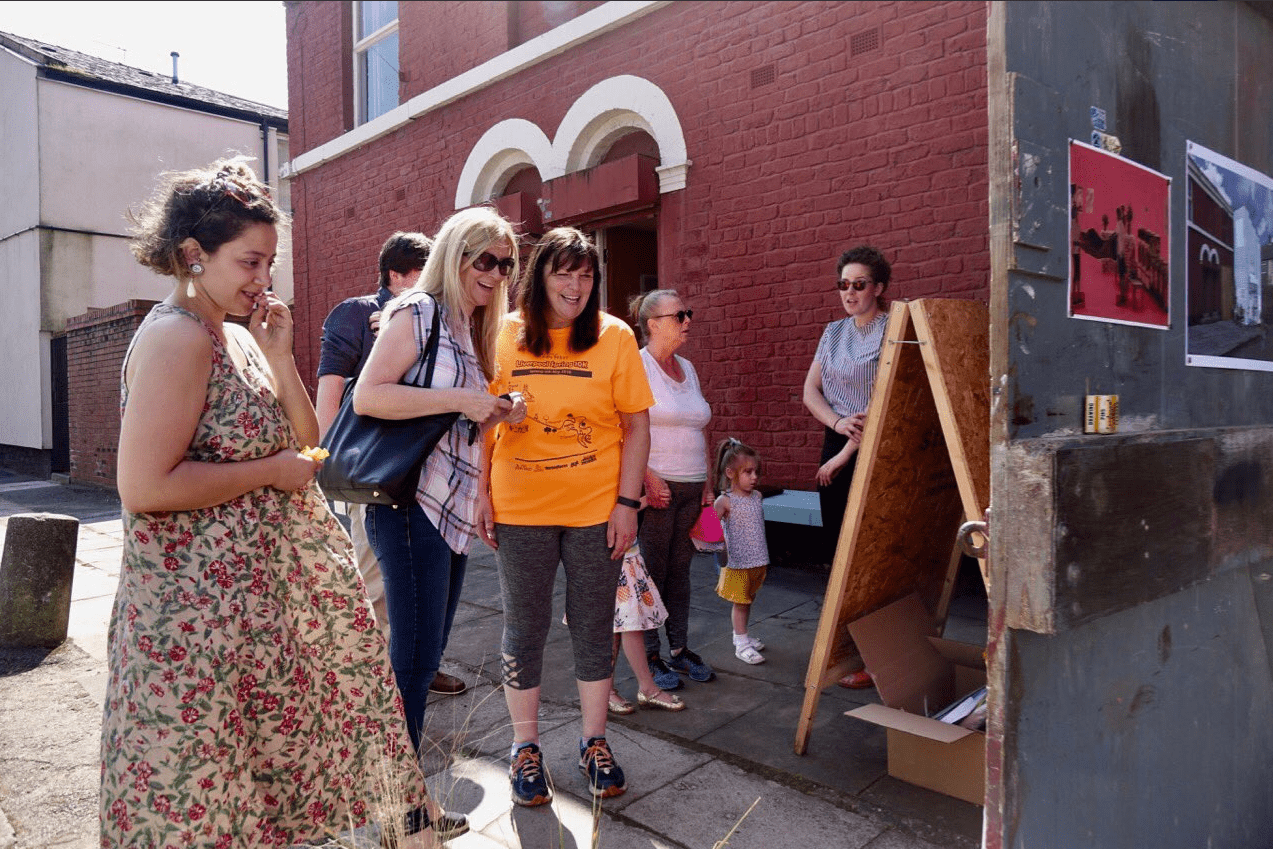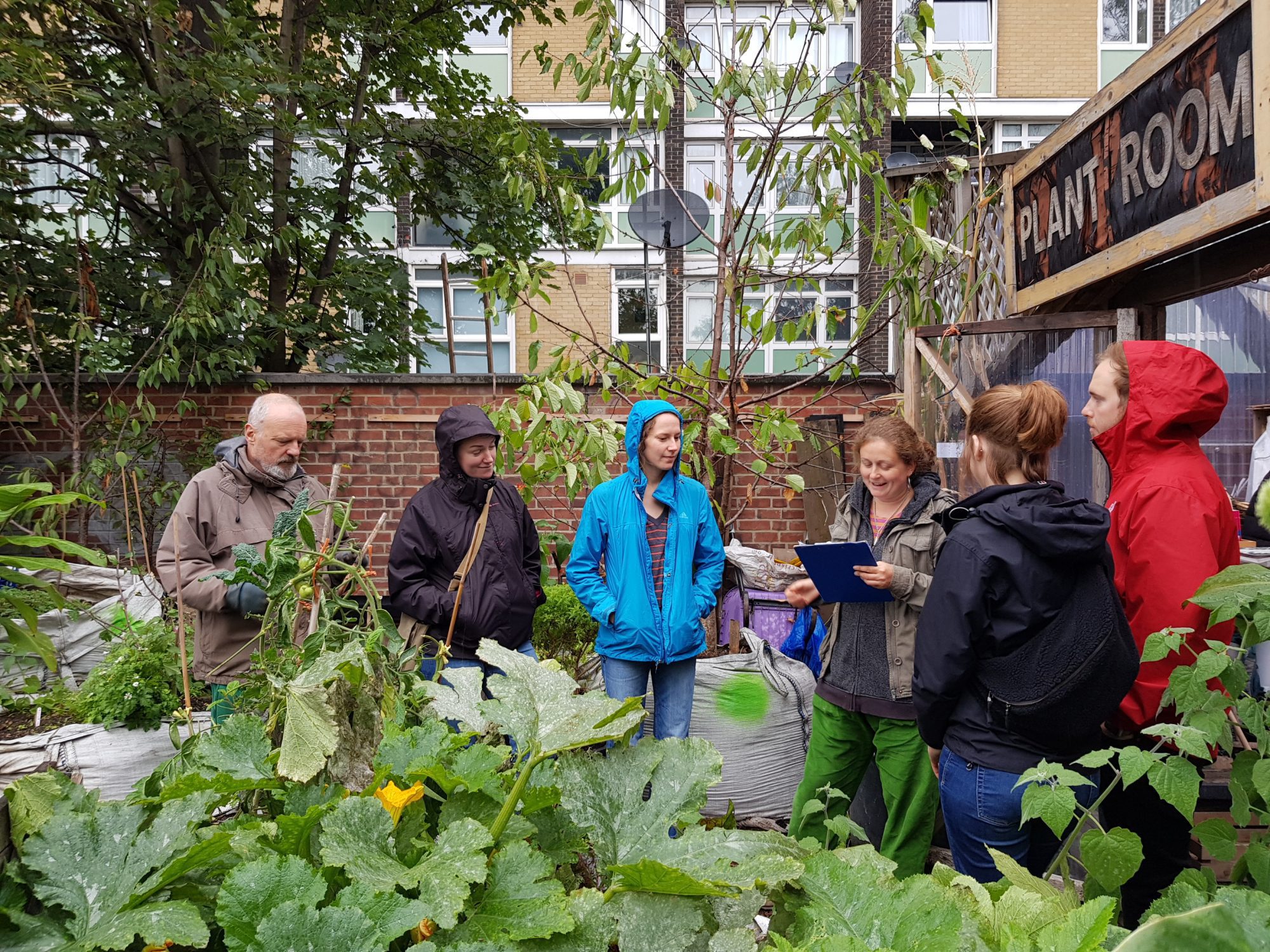
Nick Plumb
Associate Director for Policy and Insight
New Communities Secretary Angela Rayner hasn’t wasted any time. She has already indicated that Labour will deliver on its manifesto promise and “transfer power out of Whitehall, and into our communities, with upcoming devolution legislation to take back control”. This is expected in the King’s Speech next week, where the government sets out its legislative plans for this parliamentary session.
This is welcome. As I’m sure MJ readers are tired of hearing, the UK is one of the most centralised advanced democracies. With the world ever-more complex, the centralisation of policy areas that would be much better dealt with at a more local level is infuriating. We need to free up the centre to deal with issues like foreign affairs, preparedness for future pandemics and climate resilience, rather than worrying about which town receives the next £200k pot of funding. So, this is all to say, I’m a believer in devolution and pleased that the government is making it an early priority.
What this devolution looks like matters
However, what this devolution looks like matters. What does transferring power into our communities really mean? And to what end? Is it to drive growth, deliver better outcomes for our citizens? The evidence shows that devolution can play a central role in both. However, an underappreciated impact of devolution, done right, could be to restore people’s trust in politics which is, frankly, shot to pieces. Two recent studies laid bare just how bad the problem is. The British Social Attitudes survey, which has been tracking trust in government for almost four decades, showed in June that it is at its lowest levels ever. Recent OECD research shows that the UK has the second lowest trust in government of the 30 countries surveyed.
How can Labour restore trust?
Keir Starmer seems to understand the threat that this poses – both to the country and to his electoral prospects. While Labour won a landslide of seats at the general election, the coalition they have built appears fragile. The party has lost votes to its left and faces a threat from the right – with Greens, Independents and Reform in second place in many of the constituencies they won this time around. With a more volatile electorate, persuading people that government and politics can be a force for good again will be vital if Labour is to hold together its coalition.
On the steps of Downing Street last week, Starmer spoke about ensuring decisions are made by “those with skin in the game”. Up and down the country people with skin in the game are choosing a different path to change – setting up, building and growing community businesses to tackle some of our biggest challenges, like the shortage of affordable housing, high street decline and loneliness and isolation. These are locally rooted and locally accountable businesses that trade for community benefit. Importantly, they are trusted by people to bring about change.
What does devolution need to look like?
So, any devolution legislation which wants people with skin in the game to make decisions, needs to work out how to strengthen the hand of these neighbourhood institutions. Power to Change is part of the We’re Right Here campaign, which is calling for a Community Power Act. The Act is built on the premise of subsidiarity. We recognise that many things will be best delivered by a combined or local authority – particularly for strategic policy areas such as transport, for example. But we also believe that the community can play a much greater role, in partnership with the local government and the wider public sector, when it comes to certain public services, the stewardship and ownership of places and spaces and elements of government investment, particularly in relation to regeneration.
Labour has already committed to one of the new community rights proposed in the Act – a community right to buy. They should build on this by introducing the other community rights – to shape public services and control investment – in the proposed Devolution Bill.
Sacha Bedding, chief executive of the Wharton Trust – an inspiring community business in the Dyke House area of Hartlepool – is someone I’ve spoken to about this issue lots over the years. He’s always keen to emphasise that it’s not apathy that leads to low turnout in Dyke House. People care deeply about where they live, the state of their public services. Their desire to see their children excel hasn’t disappeared. But people have lost their faith in politics to make things better.
When I spoke to him recently he was clear that the Take Back Control Bill provides a golden opportunity to stop this decline, and that it could be the most important Act of Parliament that this government introduces. We were in complete agreement that this will only be the case if it seizes the chance for powers to be devolved beyond local government and put more firmly in the hands of the people who have the most to gain – our local communities.
A version of this piece first appeared in the MJ behind a paywall. You can read it here.


